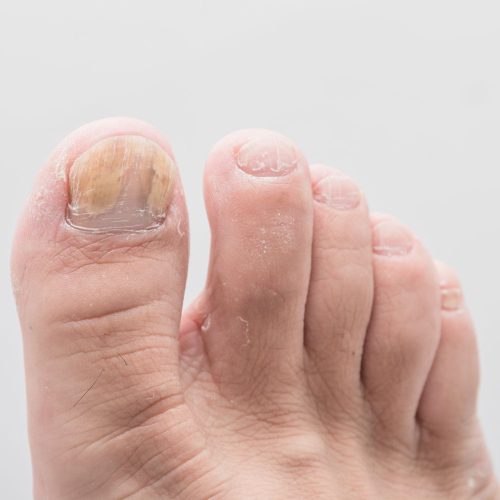Awarded “Most Inspiring Dermatologists” by Economic Times and Times Of India group (TOI)





Nail dystrophy refers to abnormal changes in the texture, shape, color, or growth of the nails. It can affect both fingernails and toenails, leading to brittleness, discoloration, ridging, thickening, or splitting. Several factors contribute to nail dystrophy, including fungal infections, trauma, psoriasis, eczema, vitamin deficiencies, and systemic diseases.
At Leelawanti Skin & Laser Institute, we offer advanced diagnosis and personalized treatment plans for nail dystrophy. Our expert dermatologists assess the underlying cause and recommend appropriate therapies, such as antifungal treatments, medicated nail lacquers, nutritional supplements, and laser therapy for stubborn cases.

FAQ – Nail Dystrophy
Nail dystrophy refers to abnormalities in the color, shape, texture, or growth of the nails. It can be caused by infections, trauma, nutritional deficiencies, or underlying medical conditions.
Symptoms include brittle, discolored, thickened, ridged, or deformed nails, which may be painful in severe cases.
Common causes include fungal infections, psoriasis, eczema, vitamin deficiencies, trauma, or autoimmune disorders.
Treatment depends on the cause and may involve topical or oral antifungals, vitamin supplements, steroid creams, or laser therapy.
Consult a dermatologist if you experience persistent nail discoloration, thickening, pain, or slow-growing nails.